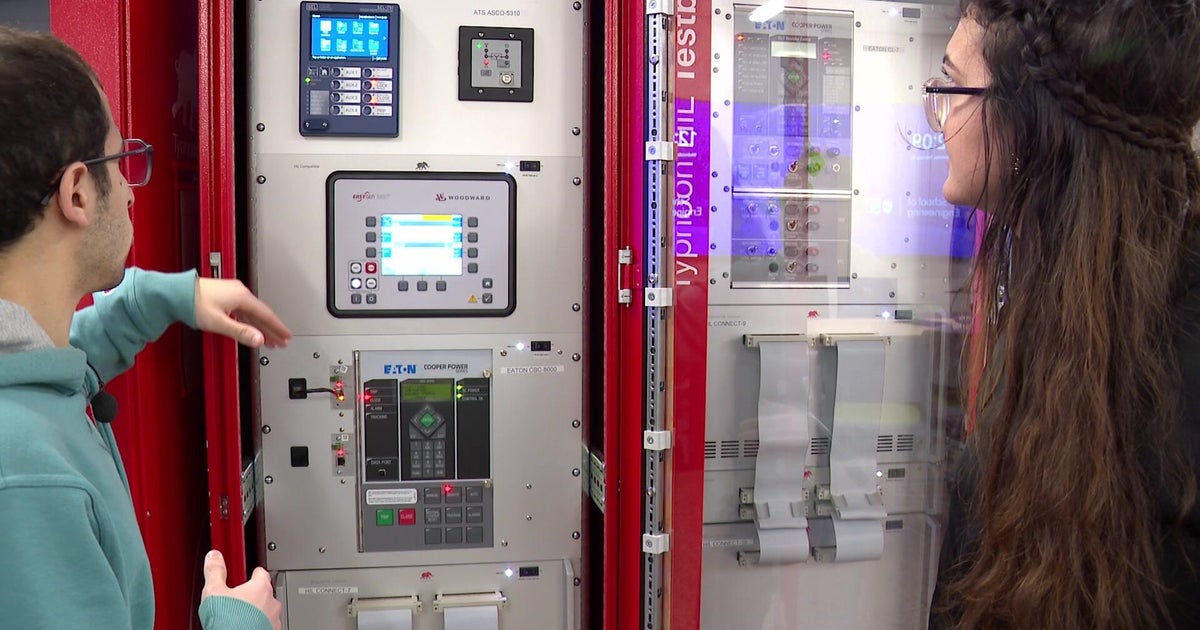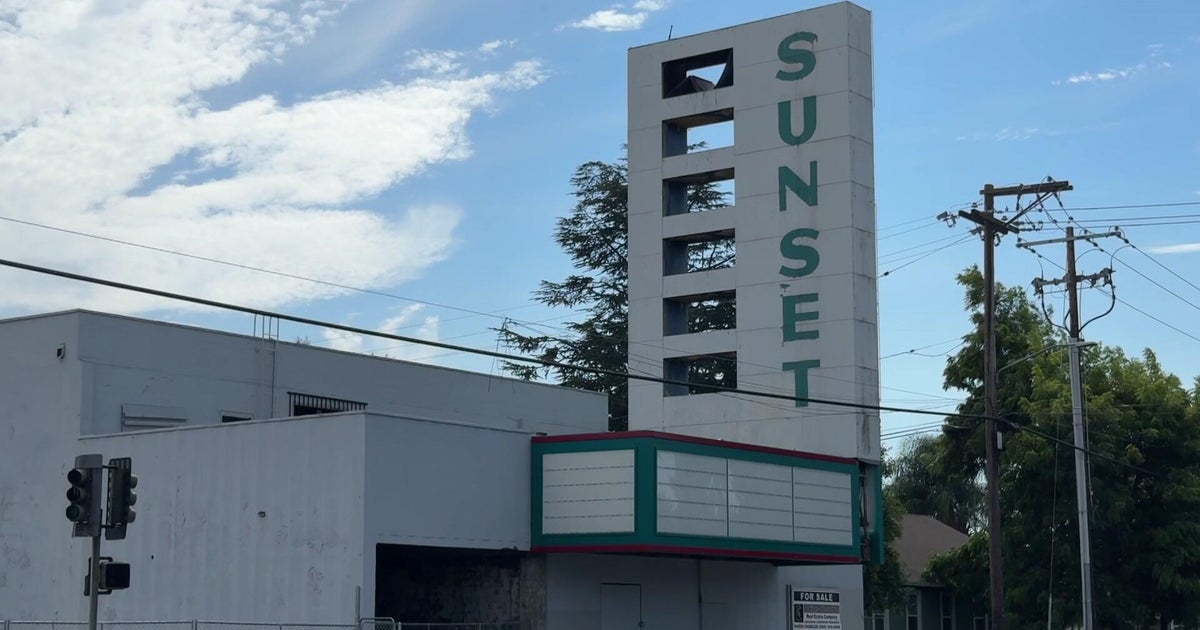Security Manager Advises San Francisco Students To Hone Their Security Skills
The need for talented information security analysts has never been greater for businesses in San Francisco. Because the threat of a network breach is an interminable occurrence, there are hundreds of open positions locally for information security analysts and job growth is expected to grow for years. While there are several jobs available, job seekers also understand that is can be very difficult to get an interview, let alone a second interview.
For career advice, Mohit Kalra, Senior Manager of Adobe's Secure Software Engineering team offered a few words of advice for job seekers.
What is your background and level of education?
"I earned my bachelor's degree in computer science and engineering in 1999, and started my career as a developer with IBM and then Adobe. Within a few years at Adobe, I was managing multiple development teams. Today I lead a team of security researchers that ensure Adobe's products are designed, engineered and validated using all aspects of product security."
How has your education helped you in your current position?
"Having a deep understanding of core computer science concepts is the key to success in a product security role. In my experience, knowing what is under the hood and what goes into writing complex software has re-enabled me to have effective and meaningful security discussions across Adobe."
What career advice can you offer to students interested in a career in computer security?
"There are basic concepts that once learned, are fundamental to computer security professionals throughout their career. A student interested in a computer security career should start with the basics and first learn how to design, implement and test software. In addition to learning about computer security, it is important to understand complex software architectures and design patterns. This knowledge will help guide students to what really interests them in computer security. For instance, some students may like to build security tools and products, whereas others may like reviewing security architectures, code and design that someone else has put together. Some students may like finding security flaws in software while others may like reverse engineering a malware to find out what it does. Once students tap into what motivates them, they should take the time to hone their security skills in that area and target internships with companies that do similar work."
Randy Yagi is a freelance writer covering all things San Francisco. In 2012, he was awarded a Media Fellowship from Stanford University. His work can be found on Examiner.com Examiner.com.







